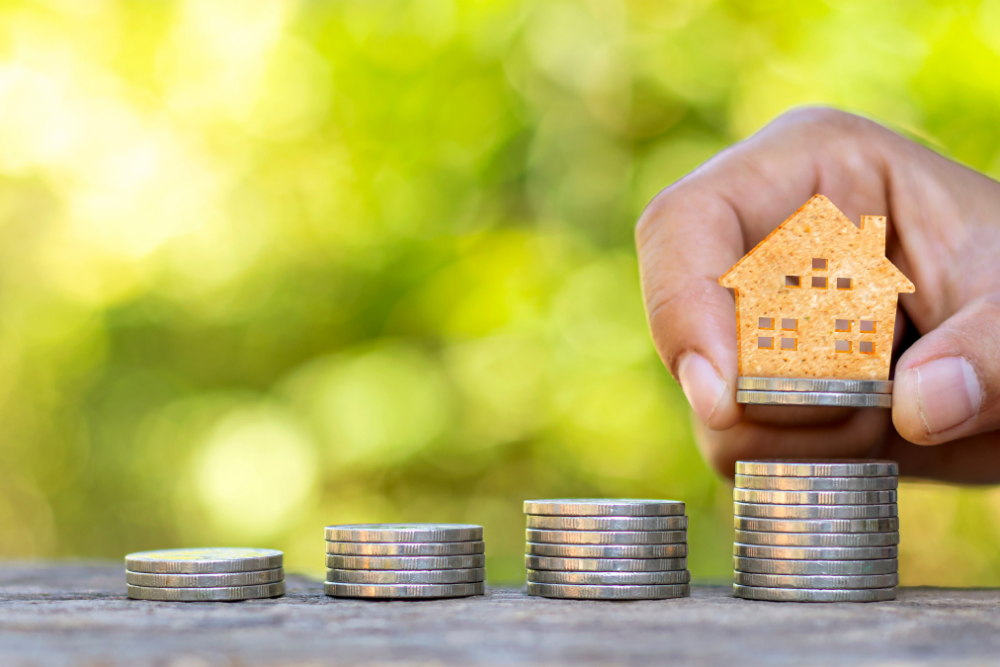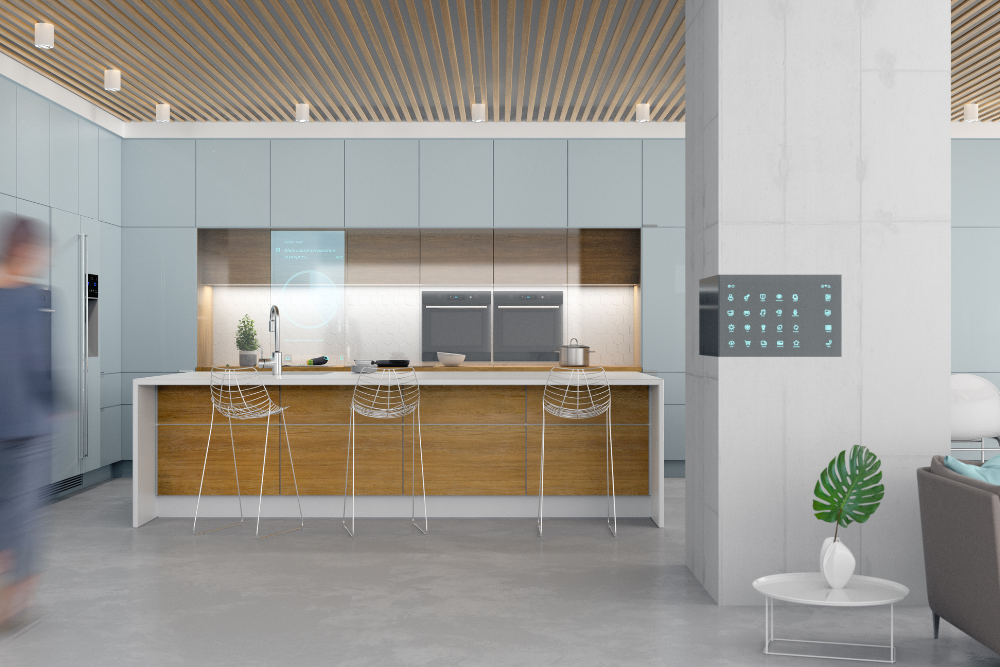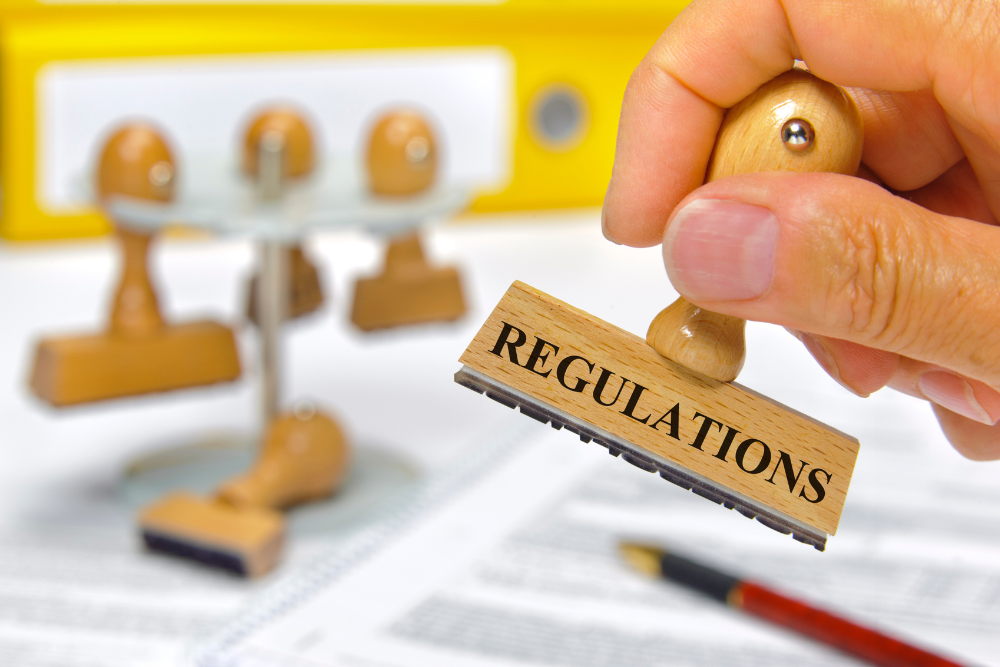In the bustling state of Washington, a groundbreaking transformation is taking root. As environmental consciousness grows and technology advances at lightning speed, the region is seeing the emergence of sustainable and smart homes. From Seattle's urban landscapes to the serene suburbs of Bellevue, homeowners are embracing eco-friendly innovations that promise not only to improve their quality of life but also to help preserve the planet. This blog delves into the rise of sustainable and smart homes in Washington, exploring their features, benefits, and the implications for the future of residential living.
1. The Surge of Eco-Friendly Materials and Green Technology in Washington Homes
The first major shift in Washington’s housing market is the widespread adoption of eco-friendly materials and green technology. As more homeowners and builders prioritize sustainability, they turn to renewable materials such as bamboo flooring, recycled steel, and reclaimed wood, significantly reducing construction's environmental impact.
- High-Performance Insulation and Solar Power Systems:
Homes equipped with state-of-the-art insulation reduce energy consumption, while solar power systems provide a sustainable source of electricity. Washington, known for its commitment to clean energy, is leading the charge in maximizing solar energy usage despite its reputation for cloudy skies. Advanced solar technology allows these homes to harness solar power efficiently, contributing to reduced carbon footprints.
- Water Conservation Fixtures:
In response to increasing awareness about water scarcity, Washington homes are integrating water-saving fixtures. Low-flow toilets and smart irrigation systems work to minimize water usage and wastage, aligning with sustainable living principles and helping residents save on utility bills.
By adopting these eco-friendly technologies, Washington’s homeowners are crafting residences that tread lightly on the Earth, making a substantial impact on natural resource conservation.
2. The Smart Home Revolution: Transforming Washington's Residential Experience
The advent of smart home technology has redefined how comfort meets convenience in residential properties across Washington. These technologies not only enhance the quality of life but also add a layer of energy efficiency.
- Internet of Things (IoT) Connectivity:
Smart homes in Washington are increasingly connected through IoT, providing unparalleled access to home management. From adjusting thermostats remotely to controlling lighting via smartphones, these residences present a seamless integration of daily comforts with cutting-edge technology.
- Home Energy Management Systems:
These systems offer homeowners real-time insights into energy consumption, enabling informed decisions about appliance usage and contributing to substantial energy savings. In a region keen on sustainability, such advancements encourage energy-conscious living and mindful resource utilization.
Through these smart technologies, Washington's housing market is on the frontier of creating living spaces that are not only comfortable and interconnected but also eco-friendly.
3. Washington's Regulations and Incentives Driving Sustainable Home Growth
Washington's legislative environment plays a critical role in accelerating the pace of sustainable and smart home developments. With a robust framework of regulations and incentives, the state is encouraging both builders and buyers towards adopting greener, smarter living practices.
- Energy Codes and Standards:
Washington's updated building codes prioritize energy efficiency, requiring new constructions to meet stringent performance targets. This legislative push ensures that new homes contribute to lowering statewide carbon emissions and promote sustainable living.
- Financial Incentives and Support:
The state offers various financial incentives, including tax credits and rebates, to homeowners who invest in energy-efficient upgrades or renewable energy installations. These incentives reduce the upfront costs associated with sustainable transformations and encourage widespread adoption.
Such proactivity from the government not only facilitates the growth of sustainable homes but also strengthens Washington's position as a leader in environmental innovation and residential sustainability.
The rise of sustainable and smart homes in Washington is more than a trend; it's a movement that represents the future of residential living. As more homeowners embrace eco-friendly materials, smart technologies, and the state's robust support for sustainability, Washington sets an exemplary precedent for others to follow. Taking a stand against environmental degradation while elevating home comfort and efficiency, these innovations are reshaping the way we think about living spaces today.




